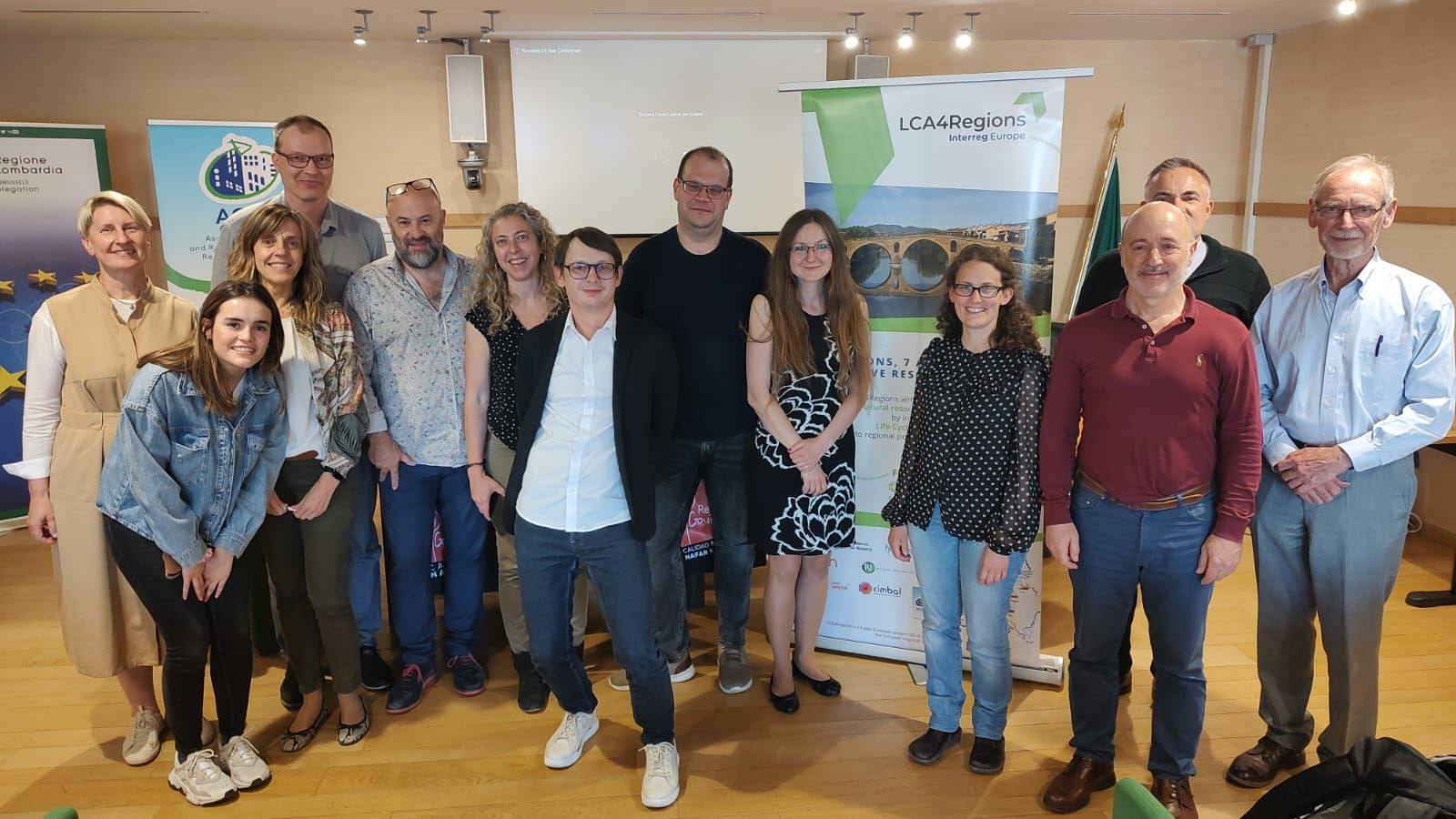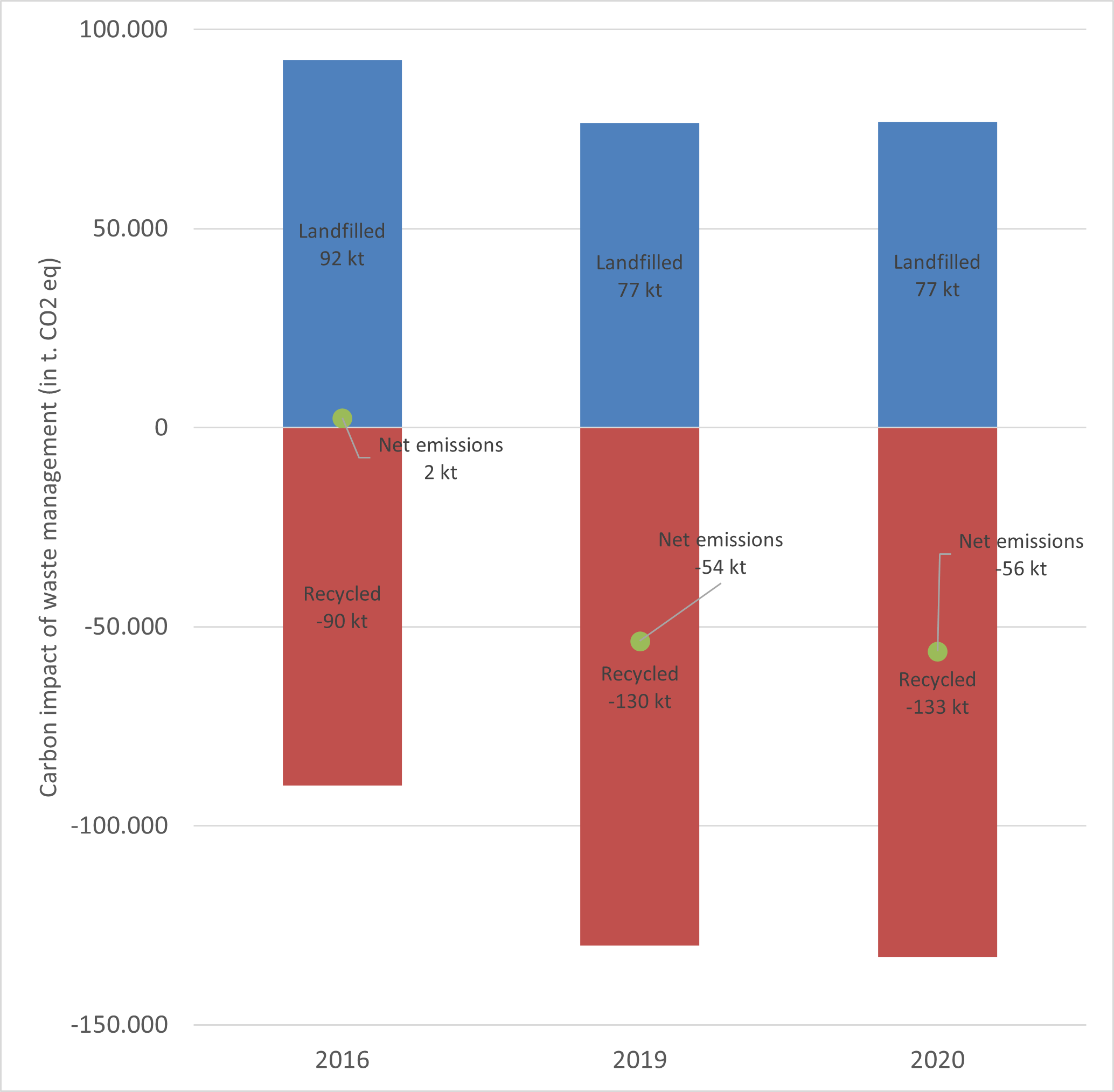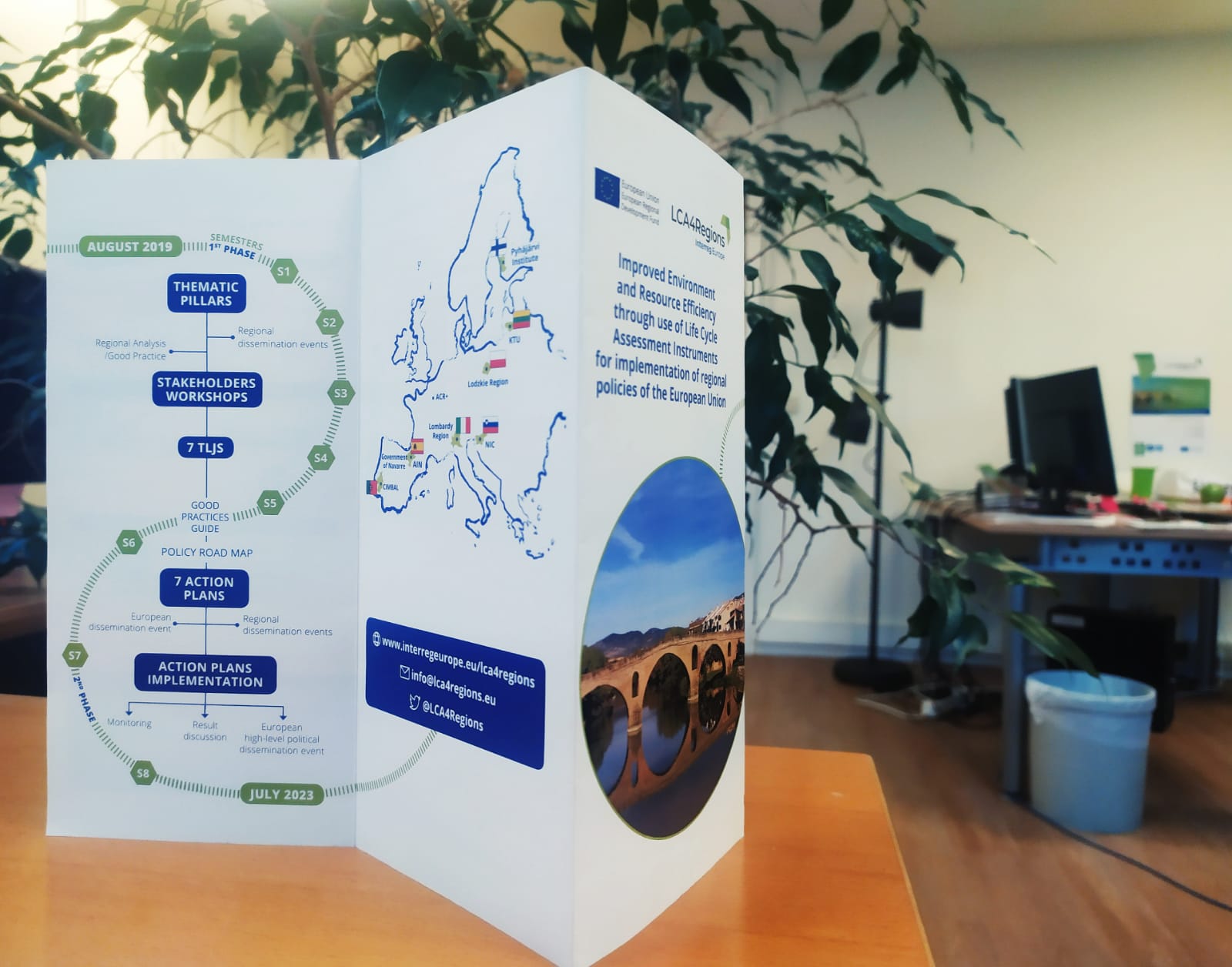During the TLJ#7 as during the other TLJ, partners discovered the local context and policy instruments of their host.
The development of circular economy in Baixo Alentejo has been presented here. Participants also got acquainted with other policy instruments and where LCA could have been used with some hints for the future programming period. One of the regional challenges regarding LCA is to eliminate barriers in what regards sustainable and innovation processes, to generate new knowledge and to transfer that knowledge into new products, services and business models.
For example, some priority axes and specific objectives of the Regional Operational Programme is could have benefited from the inclusion of LCA. It is the case of:
- Pillar 1. Competitiveness and Internationalisation of SMEs which aims to strengthen the competitiveness of small and medium-sized enterprises from the agricultural, fisheries and aquaculture sectors;
- Pillar 3. Research, Technological Development and Innovation which aims to strengthen research, technological development and innovation;
- Pillar 4. Urban Sustainable Development which aims to support the transition to a low carbon economy in all sectors, preserve and protect the environment, promote the efficient use of resources, and promote the environmental, urban and landscape quality of the territory as a distinctive factor;
- Pillar 8. Environment and Sustainability which aims to preserve and protect the environment and promote the efficient use of resources.
Regional Development Fund: Regional Operating Programme 2021-2027 - Portugal 2030 materializes the Partnership Agreement between Portugal and the European Commission, setting the major strategic objectives for the application, between 2021 and 2027, of the global amount of 24.182 M€, from the European Regional Development Fund (ERDF), the European Social Fund + (ESF+), the Cohesion Fund, the Fair Transition Fund (FTJ) and the European Maritime, Fisheries and Aquaculture Fund (EMFAF). Its agenda is built around five European Union strategic objectives, in particular a smarter, greener, better connected, more social Europe and one closer to citizens.
Baixo Alentejo Strategic Development Plan (PEDBA) aims to materialize the Integrated Strategy for Territorial Development for Baixo Alentejo NUTSIII region and is connected with the implementation of the programming period of the European Structural and Investment Funds in Portugal. It is a policy instrument that supports integration of regional strategy and EU objectives to subregional level and at the same time mobilizes European Structural and Investment Funds resources of local intermunicipal community to implement the strategy adopted.
LCA is meaningfull in the following priority measures:
- Priority AE.02: Economic promotion of the endogenous potential.
- Priority AE.06 Infrastructure and Environmental Services Network of PEDBA directly contributes to the implementation of green economy and resource efficiency initiatives for more sustainable urban systems.
- Priority AE.08: Energy efficiency and renewable energy promotion.
- Priority AE.08: Energy efficiency and renewable energy promotion.
- Priority AE.09: integrated asset and environmental risk management.
After the presentation of the Baixo Alentejo policy context, participants split in small discussion groups and discussed the following topics:
- Funding for LCA
- LCA integration in public policies
- Integration of private sector experience
- Capacity building
More on the document on the policy context of Baixo Alentejo or the presentation made during the TLJ #7.










